Serin D. Houston
I am a big picture thinker – someone who examines connections between people, places, and practices. I am deeply committed to the possibility of social transformation and find our present challenges both terrifying and motivating. I am drawn to reciprocal solidarity work focused on creating a more equitable, just, and regenerative world from the interpersonal to the global scales. Let’s collaborate!
“This important and impeccably researched book lays bare the challenges that confront cities like Seattle that aspire to be genuinely progressive places.”
- Steve Herbert, Mark Torrance Professor of law, societies, and justice and professor of geography at the University of Washington, Seattle
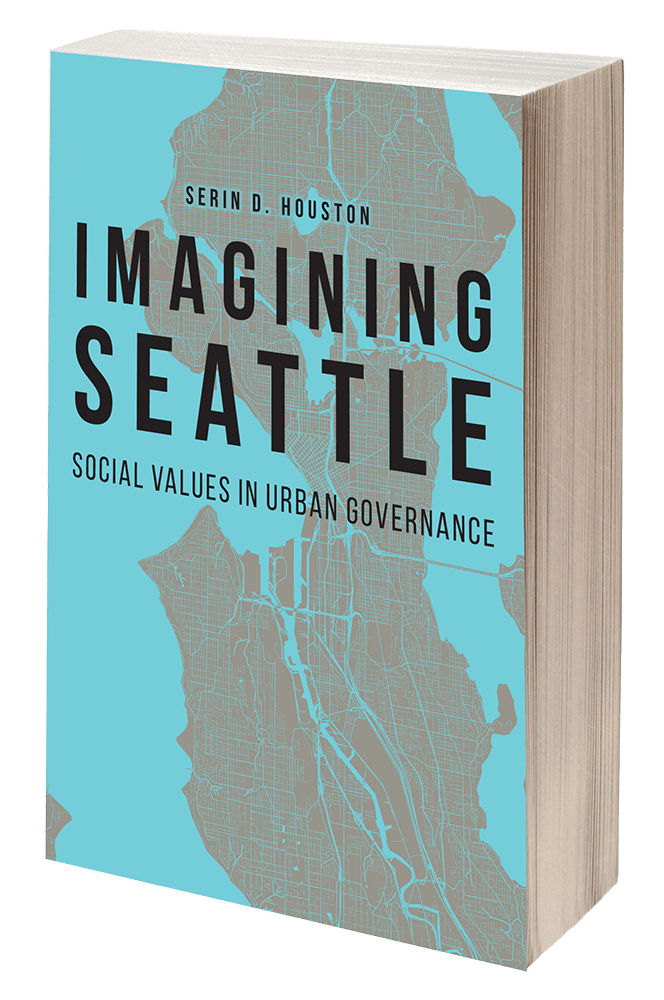
Imagining Seattle
Social Values in Urban Governance
Imagining Seattle dives into some of the most pressing and compelling aspects of contemporary urban governance in the United States. Using Seattle as a case study, Serin D. Houston looks at not just what policies say but at how they work in practice. She finds that opportunities for social justice, sustainability, and creativity are constrained by the prevalence of market-oriented thinking and the classism and racism that seep into the architecture of many programs and policies.
Praise for Imagining Seattle

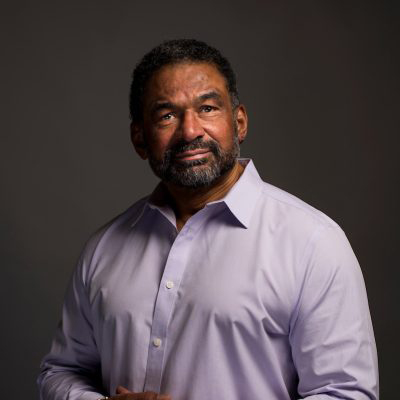



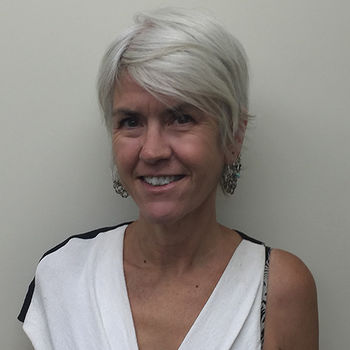
What I Do

I Teach
courses about topics such as cities, migration, borders, climate change, economic systems, and identity through a geographic perspective. I believe in the power of education to transform individuals and communities by nurturing critical thinking and curiosity. I employ inclusive pedagogical strategies to produce high impact learning.

I Think
about issues that probably matter to you too: migration, climate change, urbanization, governance, deepening disparities, extensive inequities, social change. As a Human Geographer and qualitative researcher with experience collecting data in seven countries, I emphasize the significance of storytelling and take seriously narratives since they poignantly convey how we understand and relate to ourselves, our home places, and each other.

I Write
nearly every day. I author academic articles and books, prepare guest lectures and conference presentations, and create content about my various research areas. My daily writing practice enables me to set and accomplish goals, effectively manage multiple projects, and put a lot of words on the page.


I Teach
courses about topics such as cities, migration, borders, climate change, economic systems, and identity through a geographic perspective. I believe in the power of education to transform individuals and communities by nurturing critical thinking and curiosity. I employ inclusive pedagogical strategies to produce high impact learning.


I Think
about issues that probably matter to you too: migration, climate change, urbanization, governance, deepening disparities, extensive inequities, social change. As a Human Geographer and qualitative researcher with experience collecting data in seven countries, I emphasize the significance of storytelling and take seriously narratives since they poignantly convey how we understand and relate to ourselves, our home places, and each other.


I Write
nearly every day. I author academic articles and books, prepare guest lectures and conference presentations, and create content about my various research areas. My daily writing practice enables me to set and accomplish goals, effectively manage multiple projects, and put a lot of words on the page.
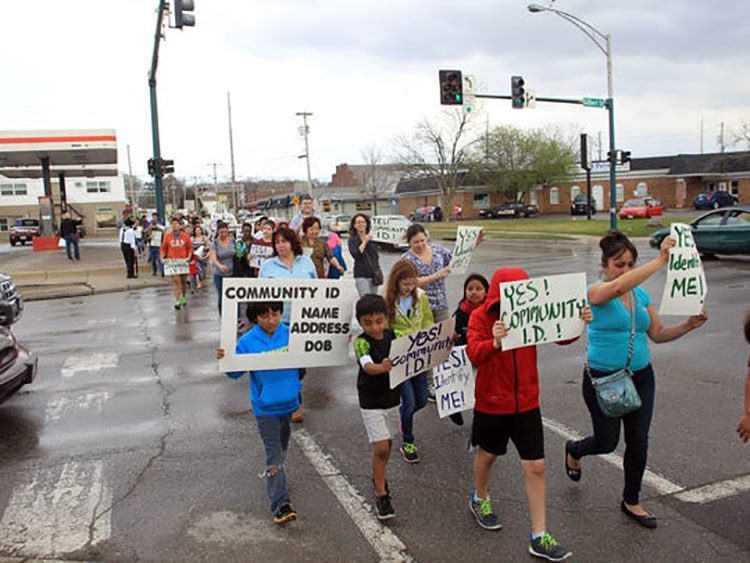
U.S. Sanctuary Policies
In the conversation around immigration in the United States, the term “sanctuary” brings up a wide range of feelings and opinions. Depending on your political views, “sanctuary” can mean anything from the best hope for human liberation to the end of the rule of law. Regardless of your perspective, this much is certain:
- Debates about sanctuary have a direct impact on local and national policymaking.
- Sanctuary is complex – and confusing. It doesn’t have just one definition.
That’s why it’s valuable to collaborate with an expert if you are crafting a sanctuary policy; trying to understand the implications and potential outcomes of a policy; engaging with local stakeholders about law enforcement and immigration; or looking for guidance for your sanctuary advocacy.
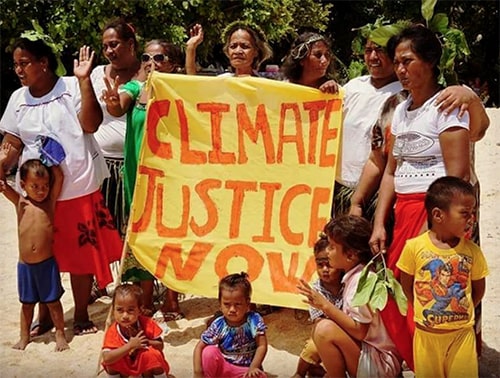
Climate Change and Human Migration
The effects of climate change have a powerful impact on current human migration. To better understand the ways climate change and human migration affect each other, I conduct research about:
- Governance of “managed retreat” at local, state, and regional scales
- Implications of resettlement for different stakeholders
- Contested claims to territory and place
- How and where people regrow roots
- Ethical considerations for research on human migration and climate change
This research and the contacts I have in this field allow me to offer advice and feedback to governments and organizations as they prepare for climate change and the anticipated increase of migrants that will accompany it.
Interested in working with me?
Get in touch with me for speaking engagements, guest teaching, research and writing needs, or policy and project development and evaluation.
News & Events
- All
- Events
- News
- Uncategorized
Houston Joins Soli*City Network
Media Coverage of Sanctuary Story Map and Archive
Announcing the “Mapping U.S. Sanctuary Policies” Story Map and Policy Archive
CONTACT ME
Get in touch
I’m available for speaking engagements, guest teaching, research and writing needs, or policy and project development and evaluation. I welcome the opportunity to collaborate with you!





